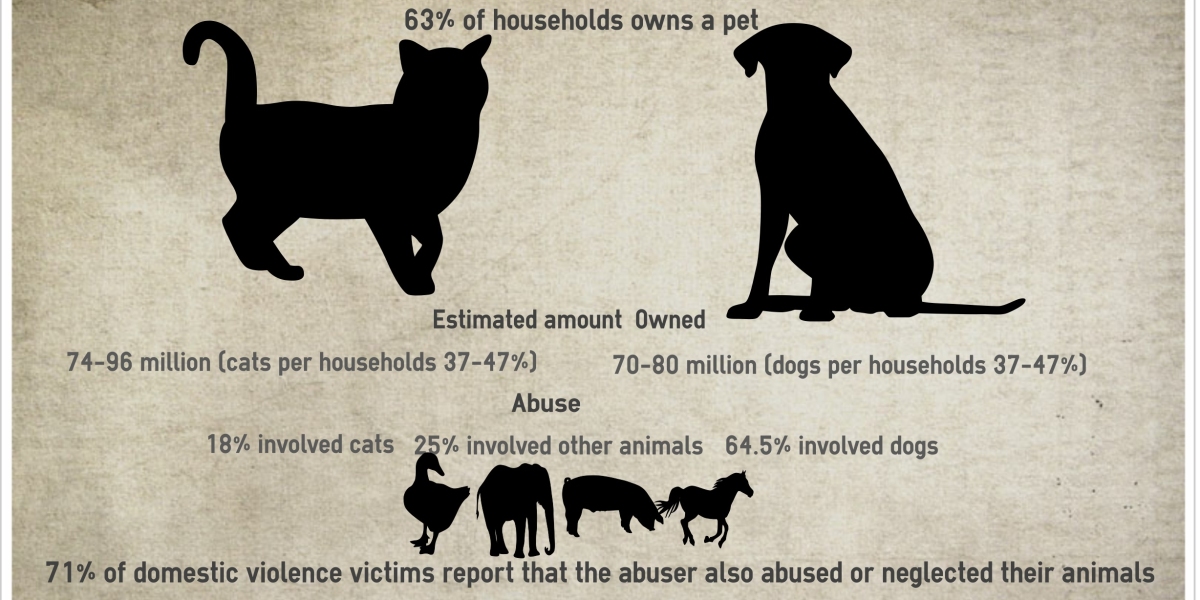In recent years, the term "grass-fed beef" has become synonymous with health, sustainability, and ethical consumption. Many consumers opt for grass-fed beef, believing it to be a more humane and environmentally friendly choice compared to conventional grain-fed beef. However, behind the idyllic image of cattle grazing on lush pastures lies a darker reality – one that involves its own brand of cruelty.
Understanding Grass-Fed Beef Cruelty
At first glance, the concept of grass-fed beef seems humane. Cattle are allowed to roam freely, grazing on grass, and living a life more aligned with their natural instincts. However, this romanticized image often overlooks the harsh realities of the industry.
Misconceptions vs. Reality
Contrary to popular belief, grass-fed does not always equate to cruelty-free. While these animals may have access to pasture, they still endure many of the same hardships faced by their grain-fed counterparts. From cramped living conditions to long transport journeys, the life of a grass-fed cow is far from idyllic.
The Environmental Impact
Proponents of grass-fed beef often tout its environmental benefits, citing reduced carbon emissions and improved soil health. However, the environmental impact of grass-fed beef production is not as straightforward as it may seem. In reality, extensive grazing can lead to deforestation, soil degradation, and habitat loss, further exacerbating climate change and biodiversity loss.
Ethical Considerations
The ethical implications of grass-fed beef production are also cause for concern. While proponents argue that grass-fed systems prioritize animal welfare, the reality is often far from compassionate. Cattle may still undergo painful procedures such as dehorning and castration without adequate pain relief. Moreover, the inevitable end for these animals – slaughter – remains unchanged regardless of their diet.
The Way Forward
Addressing the issue of grass-fed beef cruelty requires a multifaceted approach. Consumers must educate themselves about the realities of meat production and consider alternatives such as plant-based proteins. Additionally, advocating for stricter regulations and humane treatment standards within the industry is crucial for effecting meaningful change.
Conclusion
Grass-fed beef cruelty is a pressing issue that demands attention and action. By shedding light on the hidden realities of this industry, we can work towards a more compassionate and sustainable future for all beings involved. It's time to rethink our relationship with food and strive towards a more ethical and humane food system.









